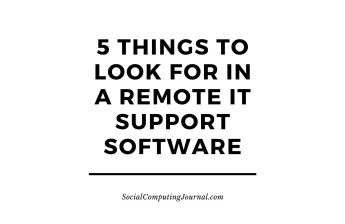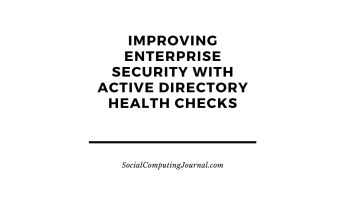You may reach a point where your ecommerce site is no longer performing at the level you require or is feeling a bit out of date. Retail is a highly competitive industry and it’s crucial to have a website which is quick to respond, user friendly and offers all the hottest new features if you want to stay ahead of the game. Fortunately, re-platforming your website can solve these issues and allow you to add the latest high-tech features and innovative designs to bring your brand into 2021.
While there are many benefits to replatforming, it can be a challenging and time-consuming task to carry out, so it’s not a decision you should make lightly. From an initial reduction in income to breaking the news of the change to your customers, there are a few important factors to assess before you give your web designers the green light. Here, we explore what you should consider when re-platforming your ecommerce website.
Why Replatform?
You may be considering re-platforming your website if it has become slow or is no longer capable of satisfying customer needs. Many retailers find this occurs as their website expands, and it can become a problem not only for their customers but also for their business, as they may end up paying extra for features they don’t use, which could increase the company’s expenditure.
Warning signs, it’s time to re-platform
A common reason many retailers replatform their website is to improve stability and scalability. If your website is affecting important releases, maintenance and upgrades, it may be worth considering replatforming.
If your business is struggling with security issues on its current ecommerce platform, re-platforming could resolve the issue. Retailers who choose this path often move to a hosted platform, as these are less of a security risk than self-hosted or legacy systems.
Websites which are slow to respond or have old-fashioned features are not user friendly and may detract customers. Re-platforming can improve your overall user experience (UX), as it allows you to introduce innovative technology and multi-channel integration.
What to consider before replatforming
Before re-platforming, retailers should be aware that they may experience an initial decrease in performance for around three to six months. This may be a shock; however, it can be overcome if you can convince your buyers the changes you’ve made are going to benefit them. Communicate the changes to your customers, educate them on how to use the new tools and encourage feedback. Keeping your buyers involved and giving them the knowledge to best utilize the systems will help to mitigate an initial drop in income.
Moving your website to a new platform can take a significant amount of time, which could affect your sales in the short-term and may compromise the SEO on your current site. To prevent these issues, ensure your web designers have the know-how to support your development needs. They should be aware of the complications and take steps to minimize damage, such as keeping link equity and redirecting your original content to your new platform.







